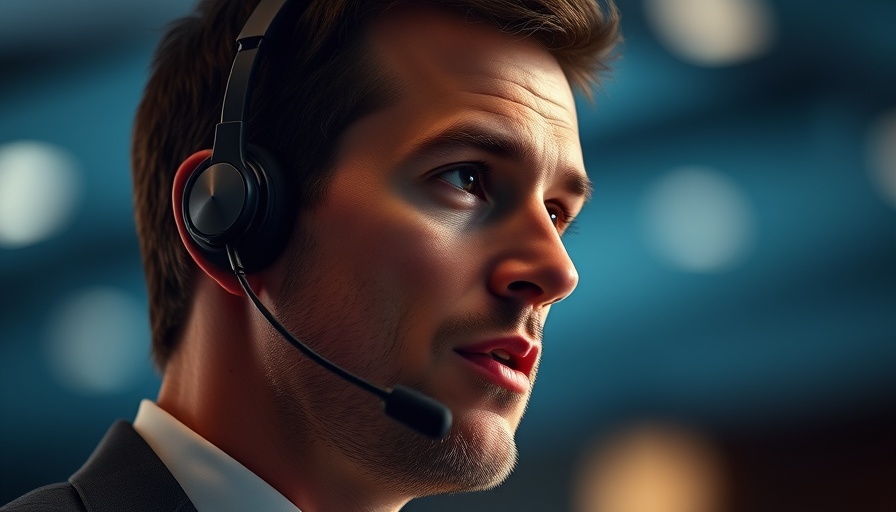
Meta's Legal Victory: A Turning Point for AI Training?
In a pivotal legal ruling, a federal judge has sided with Meta in a lawsuit that resonated deeply within the tech industry. The case, involving notable authors such as Sarah Silverman, claimed that Meta had illegally utilized their copyrighted books to train its artificial intelligence models. However, Judge Vince Chhabria's summary judgment concluded that Meta's actions fell under the "fair use" doctrine, marking a significant moment for artificial intelligence and copyright law.
Decoding Fair Use in AI Development
Judge Chhabria's ruling emphasized that while the outcome was favorable for Meta, it does not create a blanket justification for all AI training practices that involve copyrighted materials. The core of the judgment rested on the assertion that the plaintiffs, in this case, lacked sufficient evidence to demonstrate that Meta's use of their works caused market harm. According to the judge, "the plaintiffs presented no meaningful evidence on market dilution at all," highlighting a critical gap that many creators must navigate as technology advances.
The Broader Implications for Content Creators
As AI continues to evolve, the balance between innovation and copyright protection grows increasingly complex. This ruling does not simply resolve Meta's immediate legal challenges but sets a precedent for the tech sector at large. Notably, the outcome may influence pending lawsuits involving other giants like OpenAI and Microsoft, who face similar allegations over the use of copyrighted news articles for AI training. The question remains: how will this shape the future landscape of copyright law amidst rapid technological transformation?
Understanding the Future of AI and Copyright
As new technologies become pivotal, the conversation about copyright and fair use must evolve in tandem. Startups and established enterprises in the AI space will need to be discerning about how they source and utilize content. With these recent court decisions, the focus shifts towards developing more defined legal frameworks that honor both creators' rights and the innovative potential of AI technologies.
The Road Ahead: What It Means for Innovators
The intersection of technology, copyright, and creativity presents unique challenges and opportunities. Stakeholders in both the tech and publishing industries must engage in ongoing dialogues to ensure a fair environment for all. As we look ahead, what measures can be taken to foster innovation while safeguarding the rights of creators? Thoughtful strategies that balance these interests could pave the way for a more harmonious relationship between AI and the content it leverages.
In conclusion, the ruling serves as a pivotal moment for the ongoing discourse surrounding copyright and technological innovation. As the dust settles, it’s crucial for creators, innovators, and policy-makers to continue this conversation, ensuring that the rapid advancements in AI lead to equitable outcomes for everyone involved.
 Add Row
Add Row  Add
Add 




 Add Row
Add Row  Add
Add 



Write A Comment